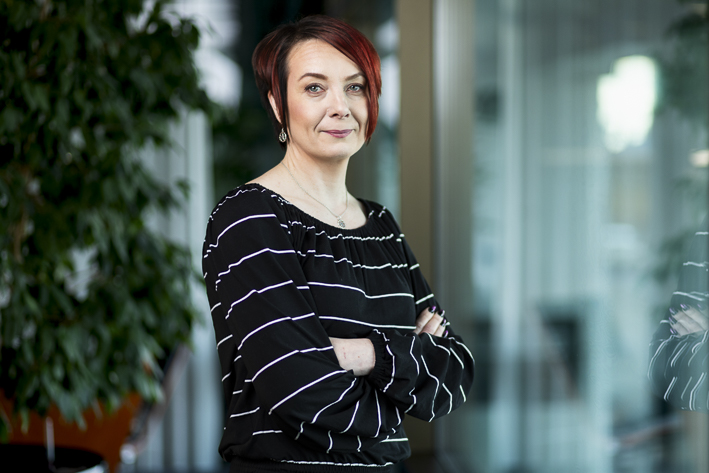The Comprehensive Security Cooperation Model is the Backbone of Niinistö’s Report – The Chemical Industry Plays a Central Role

President Sauli Niinistö’s recent report, Strengthening Europe’s Civilian and Military Preparedness and Readiness, presents around 80 recommendations for improving Europe’s civilian and military preparedness and readiness.
The report is an important step towards a stronger and more unified Europe, where security and stability are central. Once again, Niinistö has demonstrated a deep understanding of Europe’s challenges and opportunities. His insights emphasize the importance of cooperation, as only together can we address the threats of today, whether they involve climate change, terrorism, or geopolitical tensions. Niinistö’s report not only highlights these challenges but also offers concrete suggestions and solutions to strengthen Europe’s security.
The report aligns well with Finland’s national comprehensive security model. The identified threats largely reflect our national risk assessment. However, the report also includes some bold new ideas, such as enhanced EU intelligence cooperation and increasing Europe’s defense capabilities through substantial joint funding. Other interesting recommendations include the establishment of a common EU secure communication channel and the creation of an operational crisis center within the European Commission. During this commission’s term, security policy is expected to become more prominent across various policy areas.
To date, the EU has rarely intervened in member states’ defense matters, as member countries have preferred to keep defense issues under national control. It has been typical for regulations to include various defense exceptions, exempting EU laws from matters related to national defense and security, especially classified issues. Although EU institutions and NATO are physically based in the same city, there has often been a significant distance between them. A change from this status quo would be substantial. Overall, the report provides limited discussion of cooperation with NATO.
Intelligence sharing has similarly been treated as highly sensitive, and in Finland, as in many other countries, there has generally been a cautious approach to sharing such information. Russia’s invasion of Ukraine has shown that EU member states are not always in agreement, and there are dissenting voices.
Finland’s voluntary cooperation model between the private sector, civil society, and the public sector has proven to be quite effective. The continuity management support provided to critical operators in securing supplies has shown to be an engaging and effective approach. The Finnish model of a trust-based society does not necessarily need binding regulatory requirements with sanctions at this time. This trust has not been built overnight but has a foundation laid over decades. Niinistö’s report emphasizes strengthening connections, particularly among strategic industries. Additionally, dual-use technology, which is also on NATO’s agenda, is mentioned as a key area for development. Chemical industry companies can provide comprehensive products and solutions for comprehensive security. In Finland, it is time to recognize this potential and increase efforts in projects relevant to both military and civilian needs.
The Chemical Industry Federation of Finland has often advocated for the inclusion of comprehensive security impacts in legislative impact assessments. A similar approach should be pursued for EU regulations. Pre-assessment could identify critical issues for preparedness and crisis management without imposing mandatory regulation. This way, other regulations would not undermine the conditions necessary for comprehensive security.
In Finland, individual preparedness is considered a crucial cornerstone of societal resilience. Efforts have been made to enhance crisis awareness and readiness among the population through numerous campaigns. There has even been debate over whether the 72-hour preparedness goal is sufficient or should be extended. The 72-hour household preparedness recommendation is also mentioned in Niinistö’s report. The report suggests strengthening civic skills, such as the population’s media literacy.
Ultimately, the EU remains politically quite fragmented. Transforming the union from a relatively passive security actor into an active one is challenging. The EU’s perceived passivity was also criticized during the COVID-19 pandemic. Allocating funding and establishing new structures may prove difficult. Building a network of trust takes time and patience. Challenges are part of the process, and overcoming them leads to better outcomes. In the end, actions matter more than politics. Preparedness and readiness should be prioritized during peaceful but uncertain times.
The chemical industry is ready to contribute to building a stronger and safer Europe!


